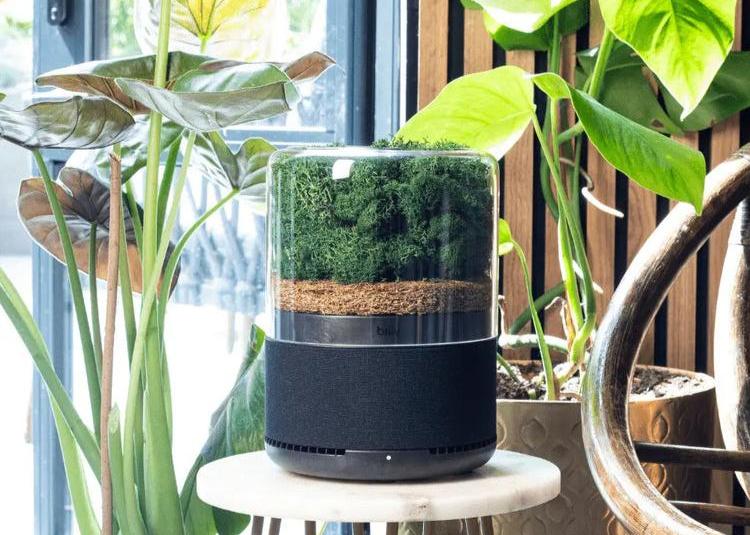
The 3 Stages of Menopause explained
Did you know that ‘menopause’, is just 1 day?
The language that surrounds the menopause is not always clear. It is no wonder that many of us end up feeling frustrated and confused.
In fact, research in the UK revealed that 2 in 3 of us are ‘blindsided’ by the perimenopause. (source: Gen-M, Invisibility Report).
That is why, as we look to harness our hormones in midlife, we need to start by understanding what is really happening on the inside.
Perimenopause: is the time preceding menopause, which usually begins in our late 30s or early 40s, but can be earlier for some. Our cycles of menstruation and ovulation may become irregular. We may notice feeling increased anxiety around tasks or situations we used to do with ease. Our sleep may become unsettled. We may experience gut discomfort, new intolerances with food, weight gain - and changes to our skin and hair.
Menopause: menopause itself is a single, retrospective date in the diary - the 12 month anniversary since our last bleed or period. For many of us it is a date we can not mark - we may be on birth control pills, HRT or we may simply have noticed our menstruation cycle change and eventually cease...but have no idea when we last bled!
Post Menopause is, effectively, the rest of our lives! And, for our generation, the beginning of Part 2 – as many of us will be lucky enough to live 40-50% of our lives post-menopausal.
The average age of women reaching menopause in the UK is 51.

What should you do if you think you may be perimenopausal?
-
Make friends with your doctor: the best first step is to visit your doctor with a list of symptoms and concerns. HRT can address many symptoms - and act as a preventative measure against some of the chronic diseases we become more at risk of as we age.
-
Rethink what you put on your plate: what we eat in midlife can make a big difference to our transition. Look to up your intake of protein, fibre and complex carbohydrates.
-
Supplement smartly: check out our wholefood-led formulations for Perimenopause and Menopause/Post Menopause. Packed full of 24+ plant-based ingredients, they act as a foundational layer to nourish your body and mind at each stage of your menopause journey.
But perhaps one of the most powerful things we can do, to support our bodies and minds at this life stage, is to approach it with a curious mind. Every individual’s menopause journey will be different. Work out what works for you. And, we promise, Part 2 can be every bit as fulfilling and exciting as Part 1.
A guest blog from our friends @mpowderstore.








Leave a comment
This site is protected by hCaptcha and the hCaptcha Privacy Policy and Terms of Service apply.